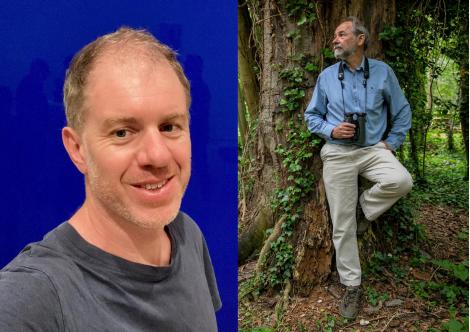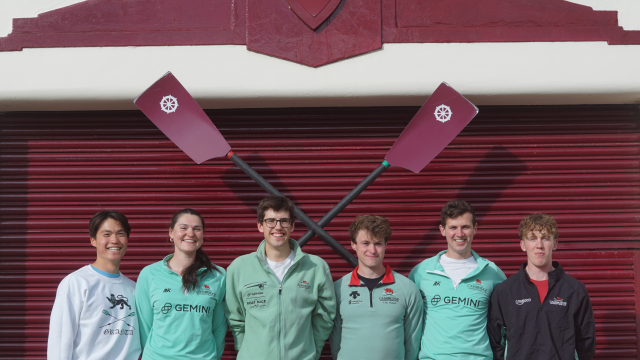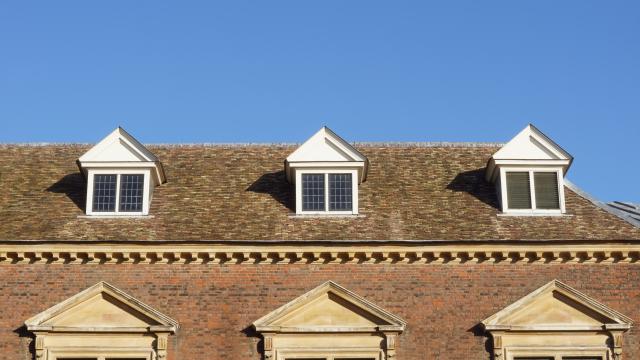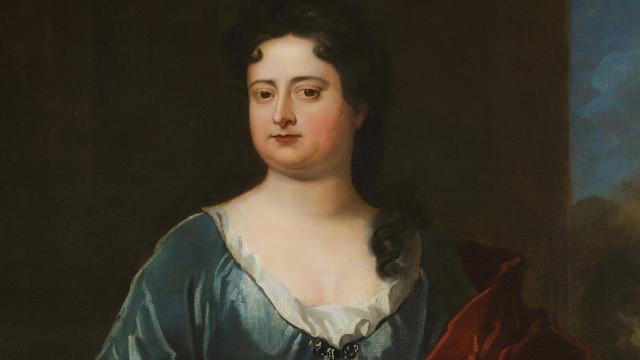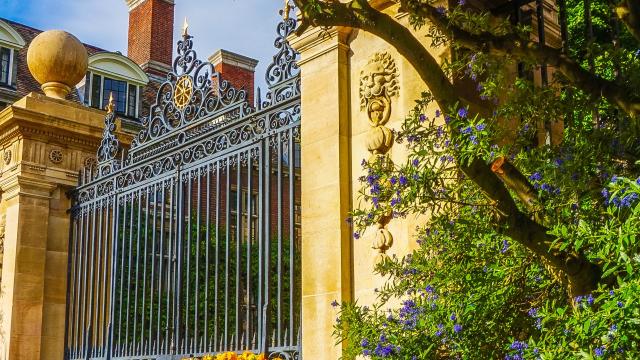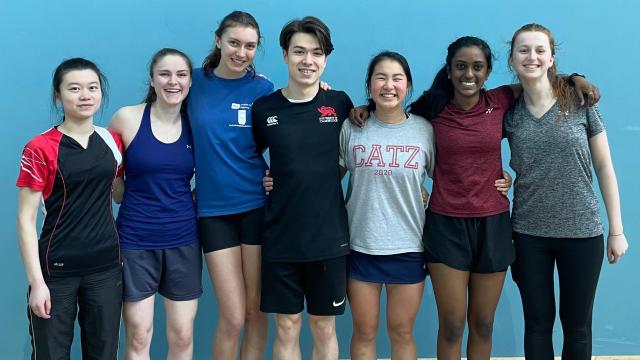
Two scientists – one Fellow and one alumnus of St Catharine’s – have been elected to the Fellowship of the Royal Society, the UK’s national academy of sciences and the oldest science academy in continuous existence:
- Professor Bill Sutherland CBE (2008) is Environment Fellow at St Catharine’s and the Miriam Rothschild Professor of Conservation Biology at the University of Cambridge.
- Alumnus Professor Ben Lehner (1997, Natural Sciences) is based in Barcelona, Spain, where he is Senior Group Leader at the Wellcome Sanger Institute, and Coordinator and ICREA Professor at the Centre for Genomic Regulation.
The Royal Society elected 80 outstanding researchers, innovators and communicators from around the world to its Fellowship this year, with the intention of supporting the Society’s mission of championing excellence in research and science for the benefit of humanity.
Professor Sir Mark Welland (2016), Master of St Catharine’s, commented:
“I am certain that everyone at St Catharine’s will join me in congratulating Ben and Bill on their election as Fellows of the Royal Society. They are both responsible for substantial contributions to science that have obvious benefits for humanity and the natural world more broadly. In the College’s 550th anniversary year, it is fitting that the Royal Society has elected two further St Catharine’s scientists to its Fellowship – John Ray, among our earliest scientists on record and considered the father of natural history in Britain, was elected back in 1667 and we have since earned a reputation for world-class teaching and research across a number of fields.”
Professor Sutherland is a world-renowned expert in conservation biology, whose main interest is combining field observations of behaviour with theoretical models to predict the consequences of environmental change, such as changes in agricultural practice and climate change. His latest publication, ‘Seabirds in the North-East Atlantic: Climate Change Vulnerability and Potential Conservation Actions’ (2023, Open Books), is released very soon. He has also been a driving force behind the Biosecurity Research Initiative at St Catharine’s (BioRISC), a world-class hub that was established in 2019 to provide cutting-edge, evidence-based information about existing and emerging biological security risks and interventions.
Professor Sutherland said, “I am delighted to be in the same college that once hosted the visionary John Ray and thrilled to follow in his Royal Society footsteps 356 years later. St Catharine's has provided an excellent home for our biosecurity work, including collaboration from a wide range of fellows.”
Meanwhile, Professor Lehner’s laboratory is combining the latest technologies (genomics, biophysics, mechanistic modelling and artificial intelligence) at scale to generate reference atlases of how changes in DNA sequence alter the activities, interactions and regulation of proteins and RNAs. These advances promise to allow clinicians to better diagnose and understand disease and its effects, and also enable scientists to design and produce new proteins and small molecules for disease treatment and bioengineering.
Sir Adrian Smith, President of the Royal Society, announced the new Fellows by saying:
“I am delighted to welcome our newest cohort of Fellows. These individuals have pushed forward the boundaries of their respective fields and had a beneficial influence on the world beyond. Among this year’s intake are individuals who were at the forefront of the response to the COVID-19 pandemic response, and those working on global challenges, from TB to climate change. They are pioneering scientists and innovators from around the world who have confounded expectations and transformed our thinking. This year’s intake have already achieved incredible things, and I have no doubt that they will continue to do so. I look forward to meeting them and following their contributions in future.”
